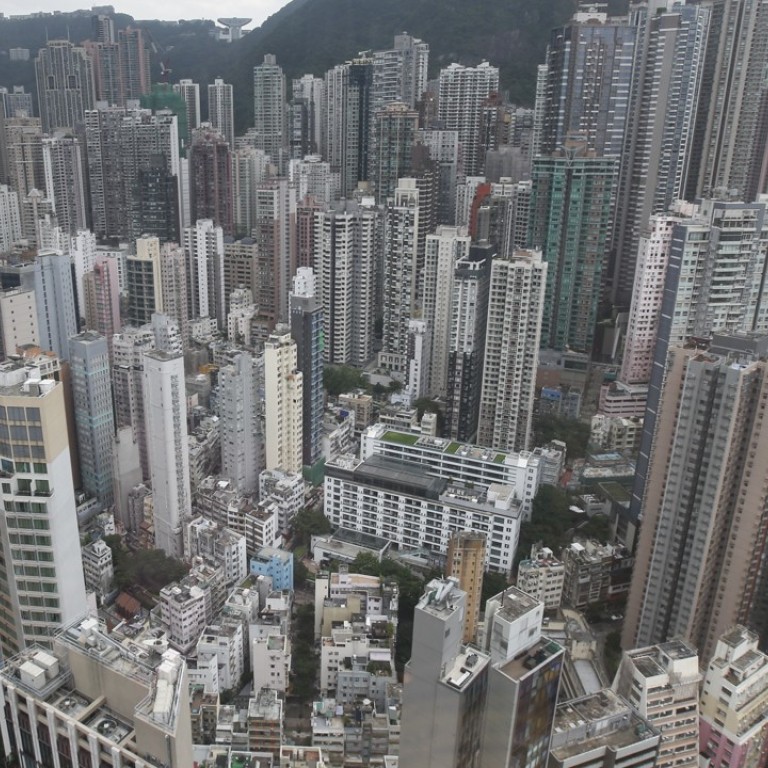
Time to come clean over Hong Kong land grabs by the rich
In a city with a serious shortage of sites for housing, the government must review the “short-term lease” system after investigations reveal abuse
The public may be excused for feeling outraged again after investigations by the Ombudsman and a watchdog have exposed more inadequacies in the administration of the city’s precious land. On one hand, officials have turned a blind eye to land grabs, with one case dragging on more than 20 years. On the other hand, they allow the super rich to expand their luxurious residential compounds and build private swimming pools and tennis courts on government land. A review of policies and enforcement action are called for.
The government has, unsurprisingly, come under fire for leasing out valuable land for private leisure use while harping on about a serious shortage of land for housing. The sites in question are usually near luxurious private villas in premium or secluded areas. Officials have argued the leases only involved sites that are not zoned for any immediate development; and users have to pay market rent accordingly. It may be true that such areas are not necessarily suitable for massive housing development, but as they have become extended residential compounds means they are not intended for just short-term use. The lack of details, such as the rent charged, also makes public monitoring difficult.
Officials have to do a better job in ensuring that our land is put to the best use. The revelation has not just undermined the perception of the government as a guardian of public interest; it does nothing for its attempt to launch a rational public debate on ways to enhance land supply for affordable housing. It is good that officials recognise the inadequacies in enforcement against land grabs and will enhance the transparency of future leases.

